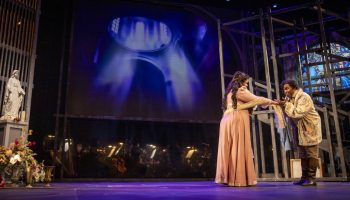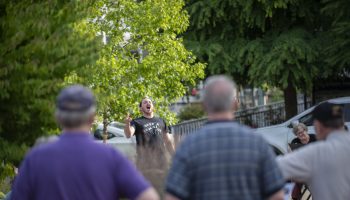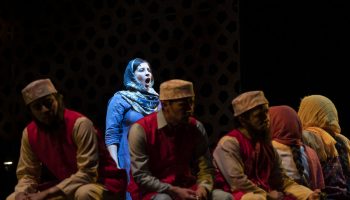Whether it happens quickly or slowly, once opera sinks its artistic hooks, it doesn’t let go.
“I can’t imagine doing anything else that’s not music,” said bass Ricardo Ceballos de la Mora, one of the Chautauqua Opera Company’s 2017 Young Artists. “Maybe I would be in an office somewhere doing something that I don’t love.”
At 3:15 p.m. Thursday in the Athenaeum Hotel Parlor, de la Mora will be joined by fellow Young Artists Tascha Anderson (mezzo-soprano) and Andrew Surrena (tenor) in the latest installment of Chautauqua Opera’s Afternoon of Song Recital program.
Each of these three singers came upon opera in different ways at different times in their lives.
Surrena’s mother is a trained opera singer. After starting a family, she stopped singing opera, focusing instead on teaching music and taking lessons herself. She would cart Surrena along to those lessons and, when he hit middle school, became his first choir teacher.
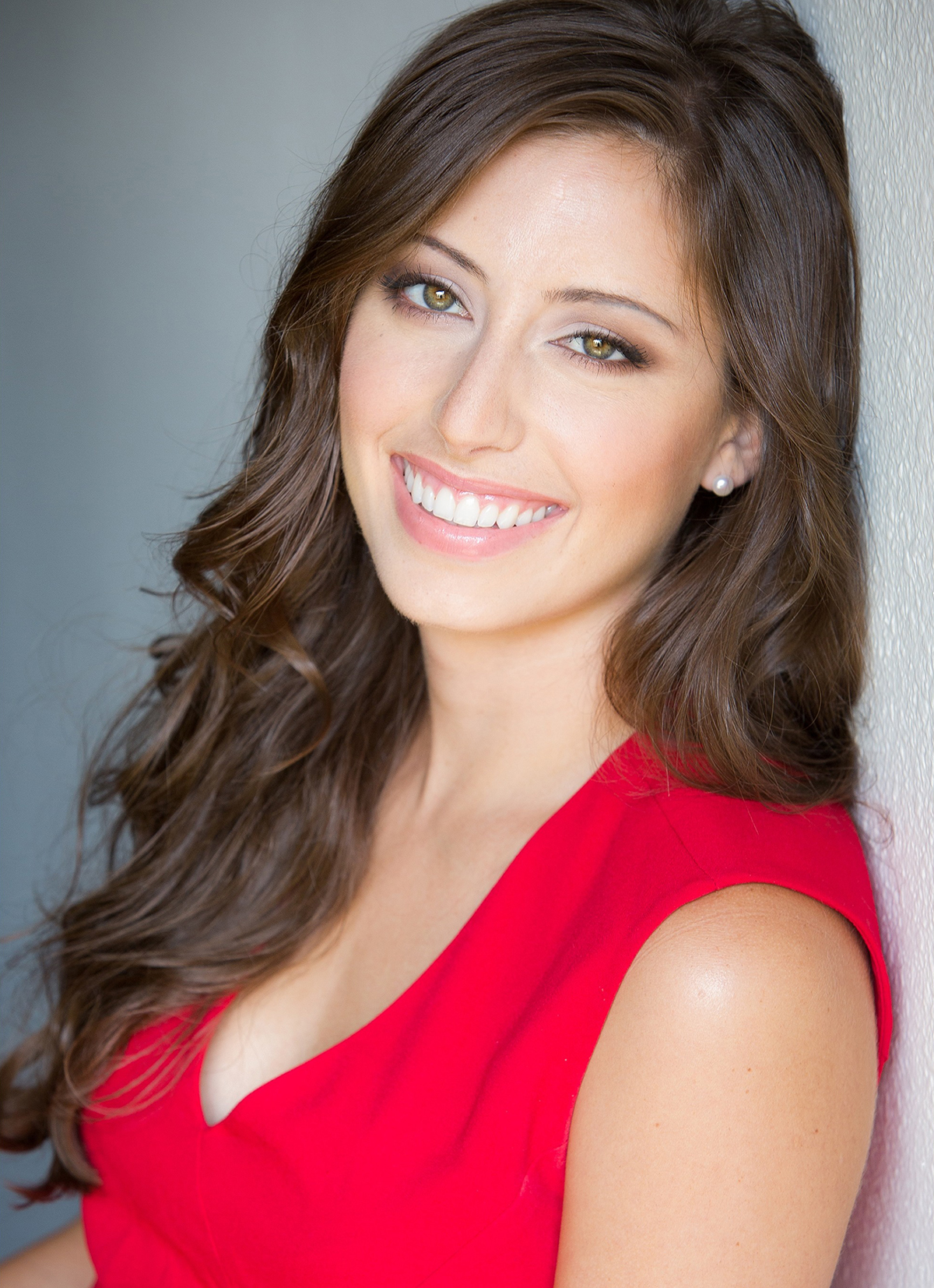
In high school, Surrena played the part of Prince Charming in a theater production of Cinderella and realized he loved being on stage. He continued singing in college, where he thought he was most likely headed for a life as an engineer. But a chance to play the lead role of Macheath “Mack the Knife” in The Three Penny Opera changed everything.
“At the time, I didn’t know what opera was really,” Surrena said. “But I was hooked because Mack the Knife is so different than who I am, so to dive into that character and become someone completely different was amazing.”
As he made the shift to opera, Surrena did not abandon the analytical mindset of an engineer.
“Even when I dive into a new piece of music, I like to analyze why the composer made the choices (they did),” Surrena said. “Those things excite me and those are the things I want to be able to present on stage.”
Anderson’s path was a bit more circuitous.
A Montana native, she grew up singing choir, playing piano, dancing ballet and acting in children’s theater productions. When she hit middle school, though, she dropped everything except for choir. And after graduating from high school, she went to college to study music because “I didn’t know what else to do,” she said.
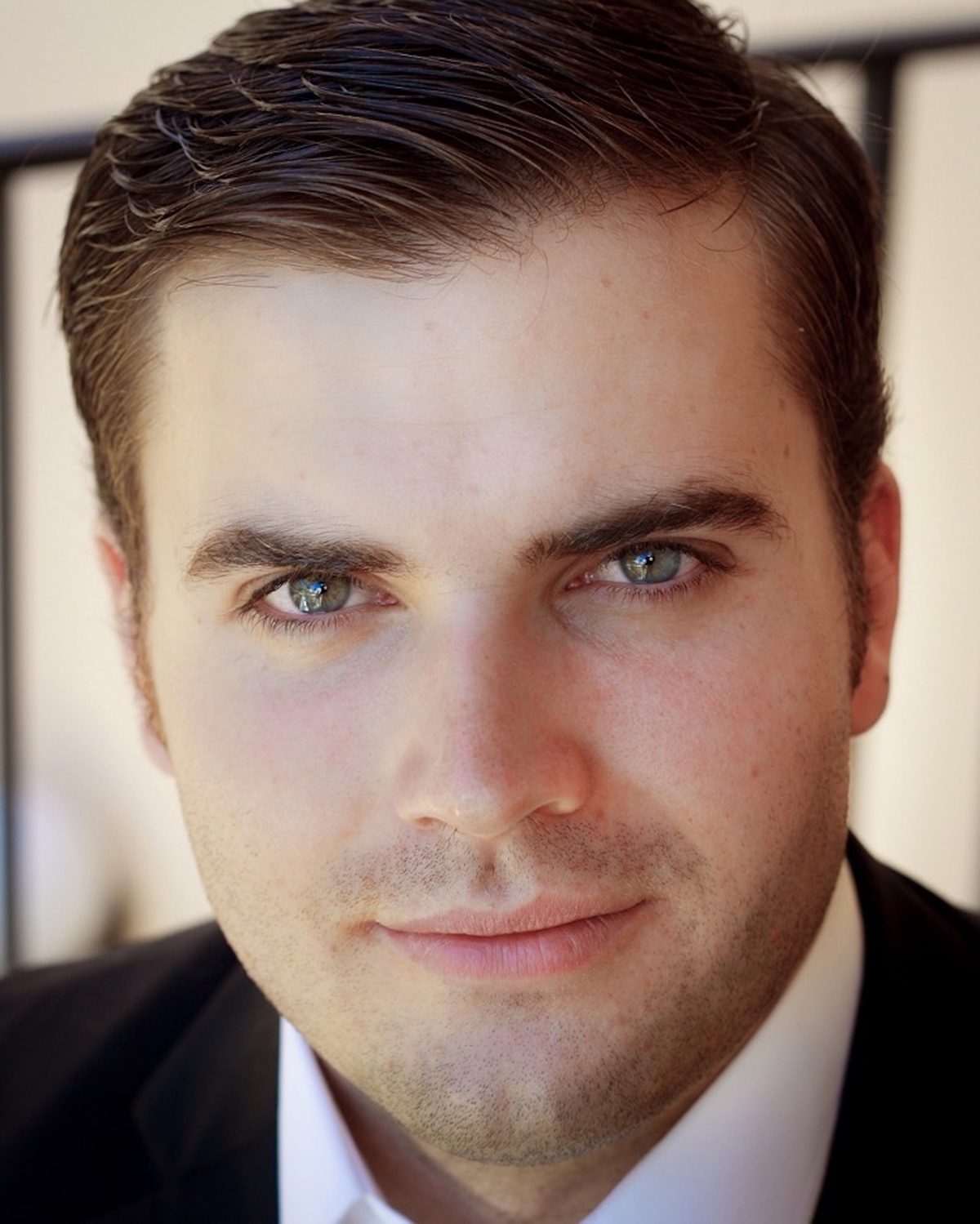
Anderson knew she loved music and thought it probable that she would be a professional pop singer for the rest of her life. As a voice major, she started to receive arias from her teachers but didn’t know what they were. She had never seen an opera and was more interested in singing pop music.
“They said no, so I took a year off music and went to community college to figure out if I wanted to stay with music or switch to something else,” Anderson said.
After transferring to Pepperdine University, she continued to be guided toward classical training. She nearly dropped out, but a mentor convinced her to give her classical training a year, to open up to it and see what happened.
In that year, Anderson traveled with her program to Germany where she saw opera — Don Giovanni — for the first time. She fell in love with the art and with how much it was a part of the German culture. She also performed her first opera scene in Germany and found something she never expected.
“I realized I loved it because I love performing,” Anderson said. “I love how many different things it encompasses. It just clicked after that.”
De la Mora’s trajectory was more intentional.
Originally from Mexico, de la Mora’s comes from a family that sings for fun and sings as a hobby. Nevertheless, according to de la Mora, they all sing very well.
“I was the worst singer in my family,” de la Mora said. “I was really bad.”
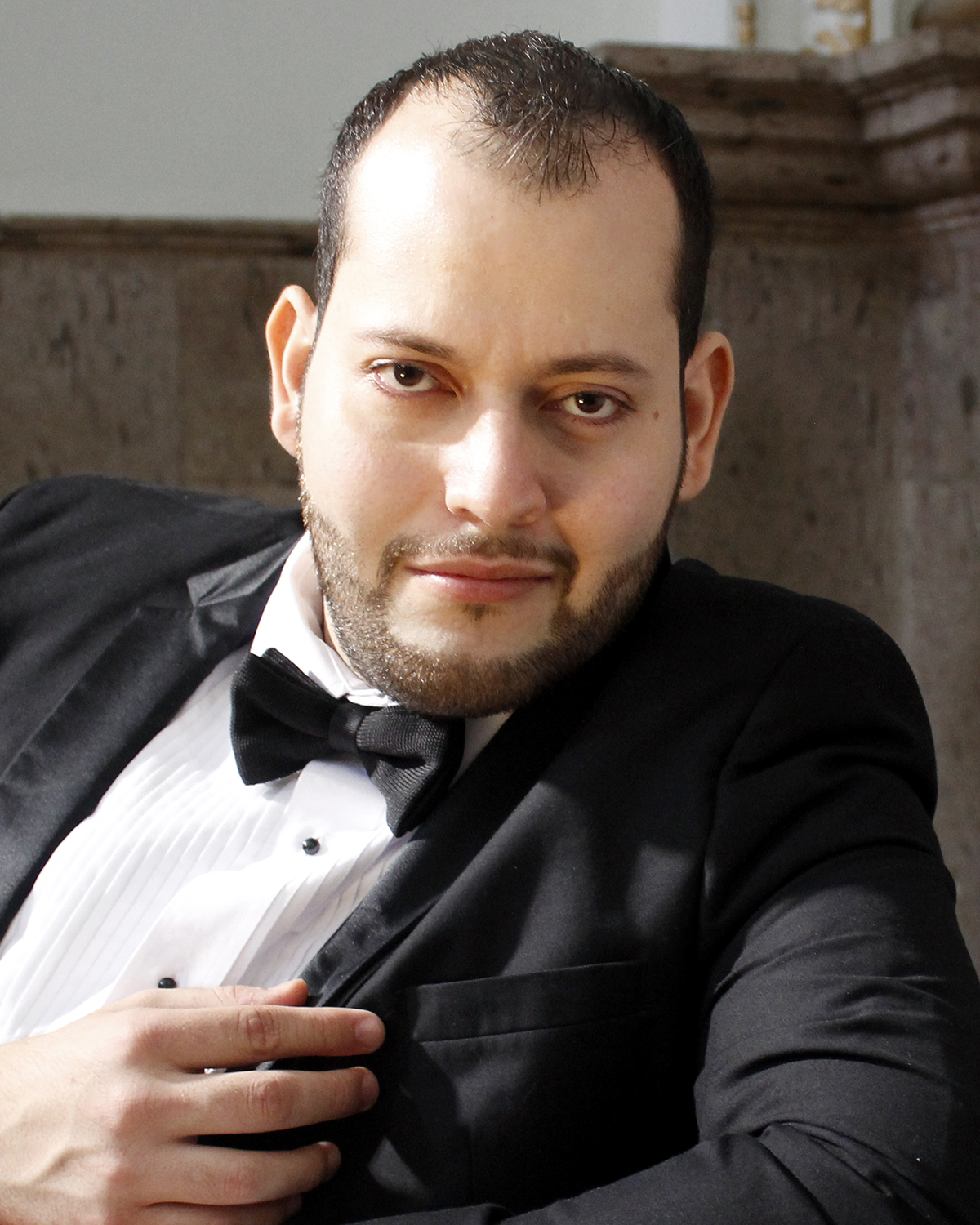
Logically, he decided to join a chorus and begin lessons when he was 17 years old. Even though he wasn’t the best singer, even in his own family, he liked it; it became clear to him that it was what he wanted to do. The rest of his family wasn’t too sure.
“When I told my parents, they asked if I was sure,” de la Mora said. “They asked ‘Are you sure you don’t want to be a doctor, an engineer, an architect?’ ”
He assured them that singing was what he wanted to do, and they supported him. With that, at 19 years old, he moved to Mexico City to study at what he describes as the best opera workshop in Mexico. Then it was on to Dallas and Southern Methodist University, where he is currently pursuing a performance diploma.
Such a definitive route for de la Mora hasn’t been entirely free of potholes.
“I started to watch The Three Tenors concerts, so when they told me I was a bass, I was really sad because I wanted to be a tenor,” de la Mora said. “But I found out being a bass is great, so I’m good with that.”
In choosing their repertoire for the event, these three Young Artists are able to showcase themselves in ways that are as unique as their own journeys in to opera have been. They have the chance to show themselves to audiences in an intimate, personal way and, at the same time, grow as professional artists.
“What I love about each of the singers in our program getting to do a recital is that they are the stars,” said Rick Hoffenberg, a music coach with Chautauqua Opera who will be accompanying the three Young Artists on piano this afternoon. “They’re not playing second fiddle to anyone. They are the featured performers.”


